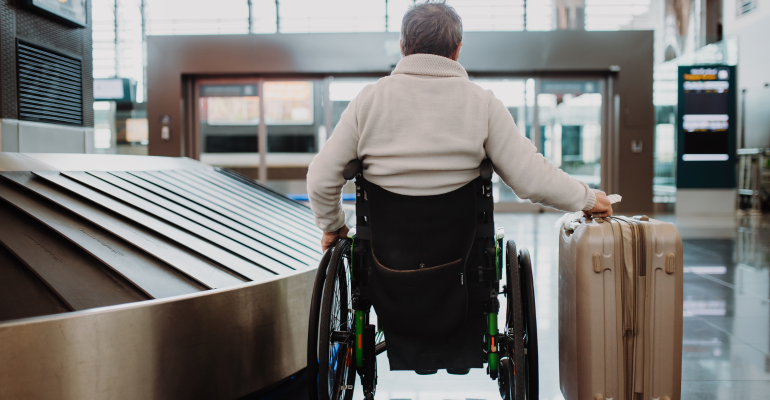The medical tourism industry has experienced a resurgence post-pandemic, both globally and in the UAE, which has led to an increase in business opportunities in the field, according to healthcare experts.
The UAE, with its well-connected infrastructure and reputation for quality healthcare services, has been ranked sixth globally for medical tourism, according to the top leadership of UAE-based healthcare groups.
According to a report by the Dubai Health Authority, Dubai alone received 630,000 international health tourists in 2021, despite the ongoing global pandemic.
The CEO of Fakeeh University Hospital, Dr. Fatih Mehmet Gul said: “The UAE is well-connected and holds a great reputation for quality healthcare services. This has led to a surge in healthcare investments in the region, with healthcare providers adopting the best international practices to serve local and international patients.”

Dr. Azad Moopen, Chairman of Aster DM Healthcare added: “There is a rising demand of healthcare services, which will drive the overall Medical Tourism segment growth over the next years. Recent technological advancements and interconnectivity have set a solid foundation for global medical tourism.”
He also noted that there is a strong recovery and return in inbound health tourist travellers across Aster facilities in the GCC and India, but it is yet to reach pre-pandemic levels.
According to Dr Gul, healthcare facilities in the UAE are also investing heavily in technology to offer improved services. “This includes the implementation and use of robotics, artificial intelligence (AI) in diagnosis and treatment, and the development of advanced medical tools such as wearables and virtual reality. All these technological advancements are set to revolutionise healthcare, making it more attractive to medical tourists.”
Patients are now visiting the UAE for specialised treatments, ranging from cosmetic surgeries to oncological services. Various healthcare organisations are now partnering with facilities in the UAE, and with the availability of tertiary and quaternary services, the country is quickly becoming a leader in the field of medical tourism.

“We have an extremely efficient Hospital Information System (HIS), integrated with virtual health services, enabling us to stay connected with our patients even after they return home. Additionally, this has also created a positive impact on the economy,” said Dr. Gul.
Dr. Moopen added: “Globally, medical tourism is projected to grow at a CAGR of 30.5 per cent between 2022 and 2032.”
He said that Medical Value Travelers (MVT) will continue to seek healthcare services beyond surgeries and second opinions. “There will be exponential increase in the MVT to the UAE in view of the increasing number of world-class institutions coming up in the country and the excellent infrastructure. Dubai also has the advantage of excellent connectivity and is the preferred destination for other Middle East countries due their comfort in interacting in Arabic.”
Dr. Moopen also added that to meet the expectations of medical tourists, organisations should embrace digital health technologies and international quality accreditation institutions, such as Joint Commission International (JCI) and National Accreditation Board for Hospitals & Healthcare Providers (NABH), should accredit institutions beyond allopathy.
To learn more about medical tourism and read about its latest updates dive into our Medical Travel Special


